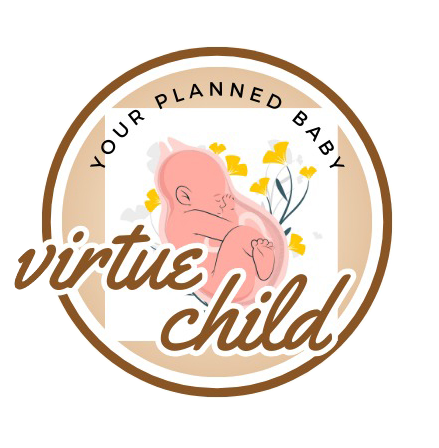Poor nutrition during pregnancy : Risk of life-threatening complications
Poor nutrition during pregnancy can significantly increase the risk of life-threatening complications for both the mother and the baby. Here's how:
For the Mother:
- Postpartum Hemorrhage (PPH):
- Malnutrition, especially iron deficiency anemia, weakens the mother’s body and impairs blood clotting, which can increase the risk and severity of PPH — a leading cause of maternal mortality.
- Increased Risk of Infections:
- Lack of essential nutrients like zinc, vitamin A, and proteincompromises the immune system, making the mother more prone to infections during and after delivery.
- Delayed Recovery and Poor Wound Healing:
- Poor nutrition affects tissue repair and healing, increasing complications after cesarean or vaginal delivery.
For the Baby:
- Preterm Birth (Born Too Soon):
- Inadequate maternal nutrition is a leading risk factor for preterm laborand delivery, which is linked to a host of complications including respiratory distress and underdeveloped organs.
- Low Birth Weight (Born Too Small):
- Deficiencies in key nutrients (like folate, iron, and protein) can impair fetal growth, resulting in intrauterine growth restriction (IUGR)and low birth weight.
- Higher Risk of Death and Disability:
- Preterm and low birth weight babies are at higher risk for:
- Neonatal death
- Cognitive and developmental delays
- Chronic diseases later in life
Conclusion:
Yes, poor maternal nutrition is a serious concern. It not only puts the mother at risk of complications like postpartum hemorrhage but also increases the baby's risk of death and lifelong disabilities due to premature birth or low birth weight.
Ensuring balanced, nutrient-rich nutrition during pregnancy is crucial for the health and survival of both mother and child.

 Nova AI Software
Nova AI Software